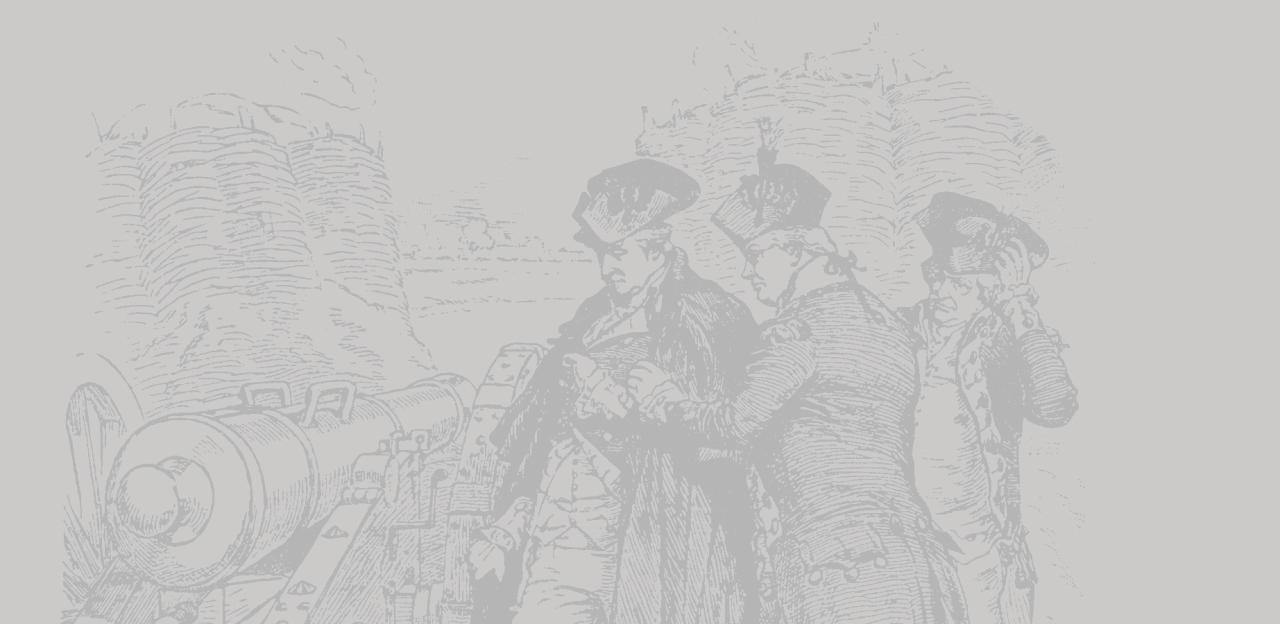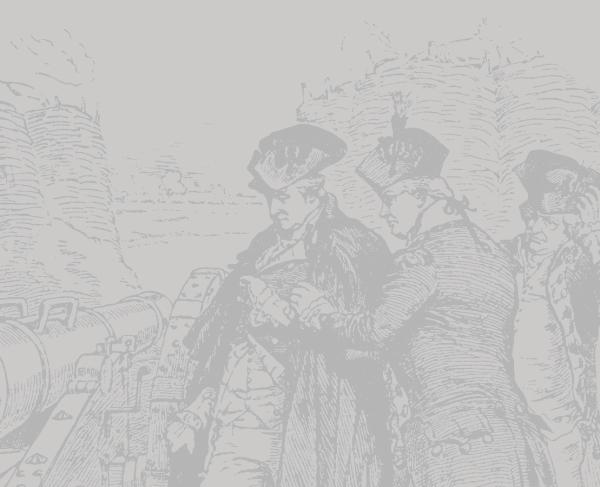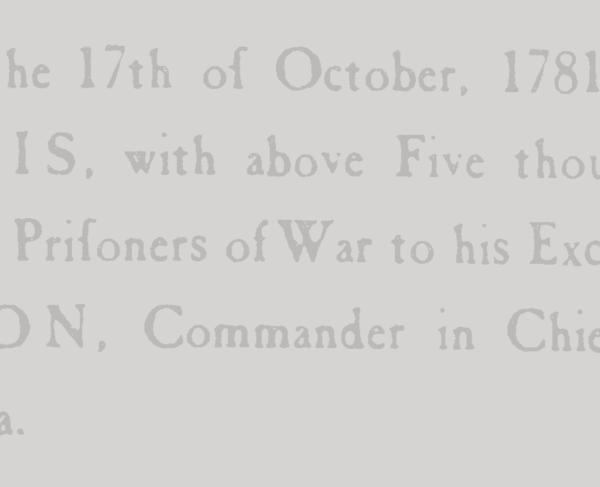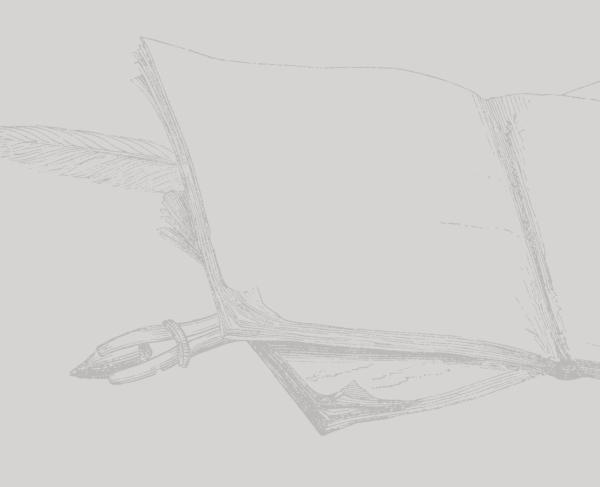"Our situation was most critical"

On January 5, 1777, George Washington wrote a letter to John Hancock, explaining the Battles of Trenton and Princeton.
Pluckamin [N.J.] January 5th 1777
Sir
I have the honor to inform you, that since the date of my last from Trenton, I have removed with the Army under my command to this place. The difficulty of crossing the Delaware on account of the ice made our passage over it tedious, and gave the Enemy an opportunity of drawing in their several cantonments and assembling their whole Force at Princeton. Their large Picquets advanced towards Trenton, their great preparations & some intelligence I had received, added to their knowledge, that the first of January brought on a dissolution of the best part of our Army, gave me the strongest reasons to conclude, that an attack upon us was meditating.
Our situation was most critical and our force small. to remove immediately was again destroying every dawn of hope which had begun to revive in the breasts of the Jersey Militia, and to bring those Troops which had first crossed the Delaware, and were laying at Croswix’s under Genl Cadwalader & those under Genl Mifflin at Bordenton (amounting in the whole to about 3600) to Trenton, was to bring them to an exposed place; One or the other however was unavoidable, the latter was preferred & they were ordered to join us at Trenton, which they did by a Night march on the 1st Instt.
On the 2d according to my expectation the Enemy began to advance upon us, and after some skirmishing the Head of their Column reached Trenton about 4 OClock, whilst their rear was as far back as Maidenhead. They attempted to pass Sanpink Creek, which runs through Trenton at different places, but finding the Fords guarded, halted & kindled their Fires—We were drawn up on the other side of the Creek. In this situation we remained till dark, cannonading the Enemy & receiving the fire of their Field peices which did us but little damage.
Having by this time discovered that the Enemy were greatly superior in number and that their design was to surround us, I ordered all our Baggage to be removed silently to Burlington soon after dark, and at twelve OClock after renewing our fires & leaving Guards at the Bridge in Trenton and other passes on the same stream above, marched by a roundabout Road to Princeton, where I knew they could not have much force left and might have Stores. One thing I was certain of, that it would avoid the appearance of a retreat, (which was of course4 or to run the hazard of the whole Army being cut off) whilst we might by a fortunate stroke withdraw Genl Howe from Trenton and give some reputation to our Arms. happily we succeeded. We found Princeton about Sunrise with only three Regiments and three Troops of light Horse in it, two of which were on their march to Trenton—These three Regiments, especially the Two first, made a gallant resistance and in killed wounded and Prisoners must have lost 500 Men,7 upwards of One hundred of them were left dead in the Feild, and with what I have with me & what were taken in the pursuit & carried across the Delaware, there are near 300 prisoners 14 of which are Officers—all British.
This peice of good fortune is counterballanced by the loss of the brave and worthy Genl Mercer, Cols. Hazlet and Potter, Captn Neal of the Artillery, Captn Fleming who commanded the first Virginia Regiment and four or five other valuable Officers who with about twenty five or thirty privates were slain in the feild—Our whole loss cannot be ascertained, as many who were in pursuit of the Enemy, who were chaced [chased] three or four Miles, are not yet come in.
The rear of the Enemy’s Army laying at Maidenhead (not more than five or Six miles from Princeton) was up with us before our pursuit was over, but as I had the precaution to destroy the Bridge over Stoney Brooke (about half a mile from the Feild of action) they were so long retarded there as to give us time to move off in good order for this place. We took Two Brass Feild peices but for want of Horses could not bring them away. We also took some Blankets—Shoes—and a few other trifling Articles—burnt the Hay & destroyed such other things as the shortness of the time would admit of.
My Original plan when I set out from Trenton was to have pushed on to Brunswic, but the harrassed State of our own Troops (many of them having had no rest for two nights & a day) and the danger of loosing the advantage we had gained by aiming at too much induced me by the advice of my Officers to relinquish the attempt, but in my Judgement Six or Eight hundred fresh Troops upon a forced march would have destroyed all their Stores and Magazines—taken as we have since learnt their Military Chest containing 70,000£ and put an end to the War. The Enemy from the best intelligence I have been able to get were so much alarmed at the apprehension of this, that they marched immediately to Brunswick without halting except at the Bridges, (for I also took up those on Millstone on the different routs to Brunswick) and got there before day.
From the best information I have received, Genl Howe has left no men either at Trenton or Princeton. The truth of this I am endeavouring to ascertain that I may regulate my movements accordingly—The Militia are taking spirit and I am told, are coming in fast from this State, but I fear those from Philadelphia will scarcely submit to the hardships of a winter Campaign much longer, especially as they very unluckily sent their Blankets with their Baggage to Burlington—I must do them justice however to add, that they have undergone more fatigue and hardship than I expected Militia (especially Citizens) would have done at this inclement Season. I am just moving to Morris town where I shall endeavour to put them under the best cover I can. hitherto we have been without any and many of our poor Soldiers quite bear foot & ill clad in other respects. I have the Honor to be with great respect Sir Yr Most Obedt
Go: Washington
Related Battles
5
905
75
270


